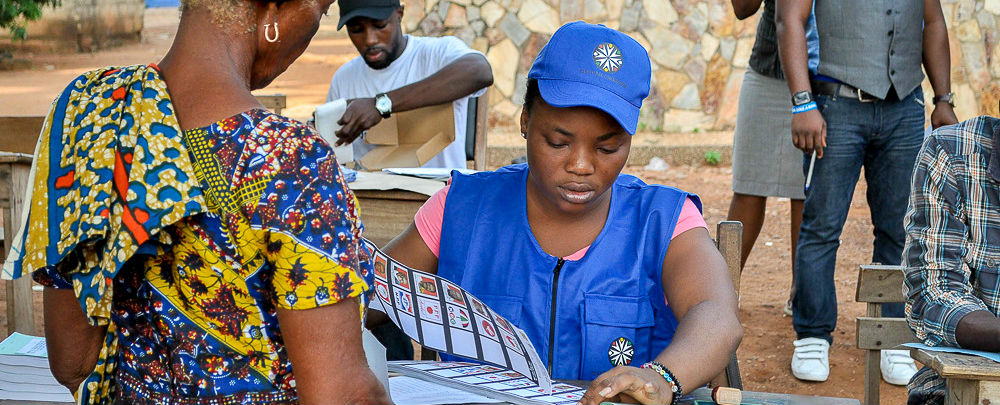
As Africa gets set to host a dozen presidential or general elections in 2020, leaders seeking to evade term limits, democratic resiliency in the face of armed conflict, and the increasingly overt efforts by external actors to shape outcomes emerge as recurring themes.
2020, thus, represents an important benchmark of whether African citizens (especially its increasingly active and networked youth), regional organizations, and international partners will tolerate efforts to erode democratic norms—or whether a renewed effort to uphold certain standards will gain traction.
Underscoring the stakes at play, a majority of African elections in 2020 will be held in countries confronting or emerging from conflict, including Burkina Faso, Burundi, the Central African Republic, Côte d’Ivoire, Ethiopia, Niger, and Somalia. These countries face crises sparked from previous exclusive power structures, militant Islamist insurgencies, and the challenges of building inclusive national visions from polarized polities. Consequently, the strong link between governance and security in Africa will be on full display in 2020.
Jump to Country:
- Togo
- Burundi
- Malawi
- Ethiopia
- Seychelles
- Tanzania
- Côte d’Ivoire
- Guinea
- Burkina Faso
- Ghana
- Central African Republic
- Niger
- Somalia
Africa’s 2020 elections are clustered in West Africa (with 6 elections), the Horn (Ethiopia and Somalia), and the Great Lakes (Burundi and Tanzania). Ten of the 13 elections are scheduled for the latter half of the year. This suggests that 2020 will be a dynamic period of maneuvering by key actors seeking to advance not only their individual interests, but also their vision for the future of their countries—and governance norms for the continent as a whole. Here are some of the key issues to watch:
